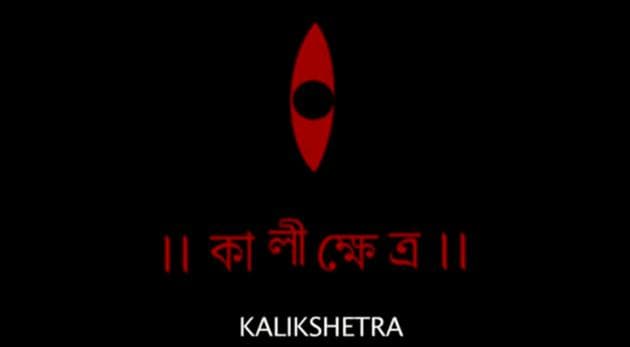Documentary on Kolkata hits CBFC hurdles for showcasing riots, Naxalite violence
The 56-minute documentary attempts to collate recent archaeological findings with historical references to trace Kolkata’s history back to the pre-Christ era.
Award-winning documentary-maker Anirban Datta’s Kalikshetra (The land of Kali) that attempts to chronicle the history of Kolkata from 1st century BC, has hit the Central Board of Film Certification (CBFC) hurdle for its references to 1946 riots, Partition and the Naxalite period of early 1970s.

The 56-minute documentary tries to collate archaeological findings of the past few decades with historical references to trace Kolkata’s history back to the pre-Christ era.
The documentary aims at showcasing how human settlements flourished in this area for the past two millennia.
“The CBFC has asked for five cuts, all unreasonable and ridiculous. They are trying to depoliticise the documentation of political events, which is unacceptable. I’ll ask for a review, and if still unsatisfied, I’ll move Film Certification Appellate Tribunal,” said Datta.
Datta’s 2006 diploma film ‘Tetris’, made as a student at Satyajit Ray Film and Television Institute (SRFTI), was premiered at the Cannes and he later own three national awards, in 2009, 2010 and 2012. Presently, he teaches cinema at K R Narayanan National Institute of Visual Science and Arts, an autonomous institution funded by the Kerala government.
“The film has a large canvas. Civilisation existed in the place called Kolkata since the time of the thriving kingdom of Gangaridae, the valour of which has been frequently referred to in ancient Greek and Roman literatures. However, people only know about the 300 years of colonial period, or at the most, up to the time of Manasamangal, which was penned during the Sena dynasty (11th-13th century),” Datta said.
Datta told HT that the censor board wanted deletion of an eyewitness’ account of a Muslim League rally that instigated the riots on ‘Direct Action Day’ in 1946, mention of a letter that Mahatma Gandhi’s close associate industrialist G D Birla wrote to him (Gandhi) placing his opinion on the Cabinet Commission of 1946 and three references to the period of Naxal movement in Kolkata during 1970-72, especially the ‘Cossipore Baranagar massacre’.
“They have objected to every reference to CPI (M) and Congress in relation to the Naxal period,” Datta said.
Geetesh Sharma, a veteran journalist who spoke in the documentary on Cabinet Mission and Gandhi, expressed shock hearing about the CBFC’s objections.
“Whatever I said in reference to the Partition and Cabinet Commission, involving Mahatma Gandhi, is well documented. One can check facts simply by reading G D Birla’s 1953 book, ‘In the Shadow of the Mahatma: A Personal Memoir’,” Sharma told HT.
The producer of the documentary, Public Service Broadcasting Trust (PSBT), an NGO that funds independent documentaries, describes the film as, “a cartographic attempt to map the labyrinth of forgotten threads of the local history of the area, where the second capital of British India was once erected, but stands weathered today.”
The film was submitted before the CBFC’s New Delhi office. Despite several attempts, no reaction was available from the board. Vani Tripathy Tikoo, a CBFC board member, said she had not seen the documentary. Agnimitra Paul, member of the CBFC’s advisory board for Kolkata, has not watched the film either.
Phone calls and text messages to CBFC chairperson Prasoon Joshi remained unanswered till filing this report.




